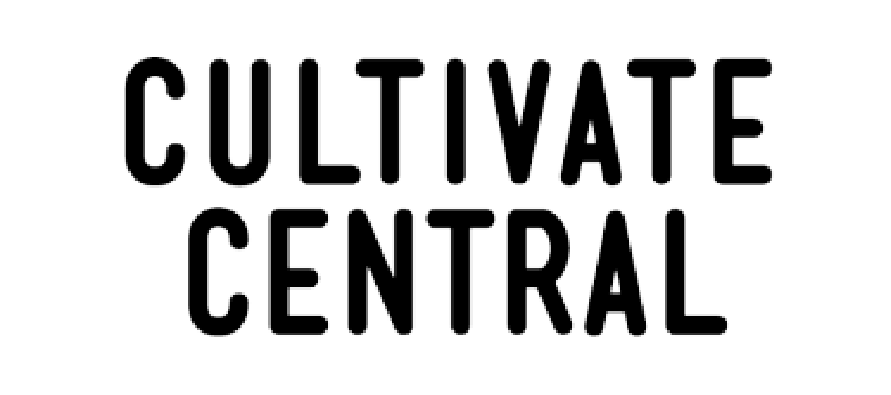
- Jul 05, 2014
- Raidah Idil
“Seeds of Death” documentary
Last weekend, I watched the documentary, Seeds of Death at RICOI, the Research and Information Centre on Islam. I was invited to watch the documentary after contacting Latifah Tamerlane, one of the main organisers of the grassroots eco-awareness project, BERSEDIA.
This award-winning documentary explained the dangers of GM (genetically-modified) food through interviews with experts like Vandana Shiva, Joseph Mercola and Dr Michael Antoniou.
By the end of the documentary, I had much more clarity about this gigantic industry and its impact on consumers like me. I strongly encourage you to watch the documentary, then check the ingredients of everything you and your family are eating.
This documentary covered a lot of ground, so I'll explore three take-home messages:
- Do not buy GMOs
- Grow your own food
- Demand GMO labelling in Malaysia.
What is GM?
In a nutshell, genetically-modified food contain alterations to its DNA for a specific purpose. For example, some types of GM corn are able to produce pesticides in plant tissues so that the crop doesn't need regular herbicide. Imagine eating that corn!Speaking of spraying plants, Roundup is a particularly harmful herbicide used to get rid of weeds. Its damaging side-effects on human beings include miscarriages and low birth weight in babies.
What's so bad about GM?
As Jeffery Smith stated in the documentary, consuming GM food can lead to:- reproductive problems
- immune system issues
- increased allergies
- accelerated aging
As Rima Laibow , MD, described in the documentary, 95% of genetic modification in plants and in animals (through their feed) is to help them withstand the use of more and more chemicals. When their genes are changed, our genes are changed too because we eat them. And that's not all – when we have children, our children's DNA also permanently changes. We can see this in the rise of allergies in children .
What's so important about labelling?
If GM-food isn't labelled in Malaysia, it's alarming to think that I could be consuming genetically-modified food which in turn, will modify my DNA!Atika Irfan was part of the organisers who screened the documentary. I first met her the Permaculture Design Course (PDC) in January this year, at Hulu Langat. I've gotten to know her and her children over the past few months, and marvel at their commitment to living sustainably.
As Atika Irfan said at the end of the documentary screening, "Let us choose our poisons." As a consumer, I want to know what I'm feeding myself and my family. Just other day, I found a packet of Hershey's chocolate in the fridge. I happen to love chocolate, but on a whim, I looked at the label on the back of the packet. I was shocked to see that it was made from genetically modified soy. Suffice to say, especially after watching the documentary, I'm glad I didn't eat it!
On the flipside, my husband and I were recently shopping for cereal. Watching Seeds of Death has made me particularly careful about the brands of cereal which I consume, especially if they're American brands. After some label-reading, I was delighted to find Barbaras High Fiber Medley, a delicious and healthy non-GMO project verified brand.
This documentary sheds light on this contentious topic, and I hope that it will encourage you to grow your very own organic, non-GMO, chemical-free fruit and vegetables. At the very least, it will compel you to start paying more attention to food labels, question how your food is grown and where it is coming from. The more you and your family are connected to the story of your food, the more you will consume produce that heals and nourishes, just as nature intended.
New to Cultivate Central? Click here to read our manifesto
If you are thinking about starting your own food garden and need a constant supply of ideas and tips, follow us on our facebook page. Thanks for dropping by!

Raidah Idil
I am a freelance writer, editor, poet, student counsellor and a Permaculture Design Consultant. I am new to Permaculture and look forward to sharing my experiences about growing food in the city.
Features
From Community Farming to Community Research
Enter the Goodman Community Farm — a community space for ageing well.Since 2019, Cultivate Central and the Goodman Arts Centre have nurtured...
Cultivating Change EP #12: Discovering Regenerative Farming with the Orang Asli in Malaysia
What does it take to rebuild livelihoods, restore soil, and shift mindsets? EP #12: Discovering Regenerative Farming with the Orang As...
